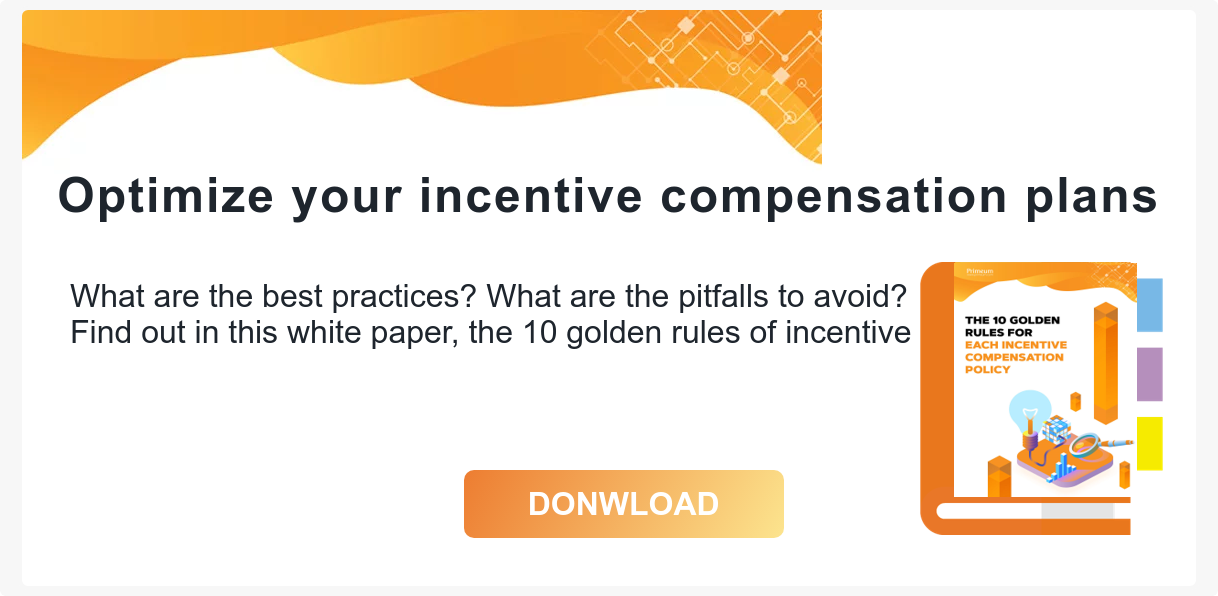The COVID-19 pandemic has forced a large number of organisations to change their modes of operation radically. At a time when remote work is becoming widespread, many companies are questioning the efficiency of their management and how to give back a group dynamic to employees working together by video chat!
Lockdown has imposed widespread remote working which continues today and is causing people to question the legitimacy of current working methods which now seem unsuitable. In this article, find out why it is essential to rethink the management of companies to preserve team cohesion!
What stance should managers take when faced with a group that no longer is one ?
Working together is of real value
A large number of tools facilitate teamwork and everyday organisation of it, including collaborative software available in SaaS mode, but also videoconferencing tools that have been very popular recently. To stay motivated, employees need to be able to measure their performance against each other. Provided that it is well organised and technically sound, teamwork gives everyone the chance to improve through access to more information, sharing and feedback, optimised workflow and the pooling of resources allocated to a project etc.
“What characterises crises is that they speed up transformation and reveal pre-existing imbalances from deep within. The COVID crisis is no exception. For example, we must not confuse remote management, structured remote working and what we experienced during lockdown”, says Bruno Mettling, former HR Director of Orange and founder of the consulting firm Topics. This quote is an excerpt from an article on www.usinenouvelle.com
Teamwork: IS REMOTE WORKING A HINDRANCE?
Does remote working optimise teamwork?
The main strength of teamwork lies in the creativity it generates. In remote work, intuitive and spontaneous discussions by the coffee machine, outside meetings, in the hallway and during breaks etc. no longer take place. This loss of interaction among employees from the same team, or even from different teams and departments, undoubtedly reduces creativity.
To restore a group dynamic despite the distance, many companies have decided to introduce “e-rituals” designed to encourage this interaction, which used to take place unplanned during the working day at the office. Whether morning meetings, videoconferencing over aperitifs, sports sessions and cooking contests via video chat, companies are doing their utmost to maintain links between teams and encourage discussion.
“Le travail se transforme depuis plusieurs années. C’est un mouvement de fond, il devient plus collaboratif, et cela bien avant l’épidémie. De tels mouvements changent le management qui ne peut plus être le même qu’avant et doit faire face à un challenge, pour ne pas dire à un paradoxe majeur : les collaborateurs sont de moins en moins présents physiquement et on leur demande de plus en plus de collaborer !”. - Bruno Mettling, ancien DRH d'Orange et fondateur de Topics - Extrait article www.usinenouvelle.com
Generating creativity: a given for some companies, a calling for others
Since their inception, French start-ups have focused on stimulating the creativity of their employees.
The way of working in start-ups was initially designed to continually promote times of discussion, sharing and working together. During lockdown and the transition to full-time remote work, the mechanisms and events dedicated to fostering team creativity naturally continued at a distance, pushing collective work techniques to their limits. These structures, which are perfectly prepared and adapted to remote working, have largely been able to switch to remote working without losing the strength of their group work and brainstorming which is specific to them. However, while start-ups have seamlessly established creative e-spaces for their employees, this is not the case for other companies, especially large companies and SMEs which are less flexible in terms of functioning and in the use of digital technology.
“Managers would traditionally manage the activities of their teams when on site. They would monitor implementation, give feedback, and could regulate if necessary. All this has changed with ‘delivery management’. This is a new way of relating between managers and employees based on greater trust and accountability, since there is a commitment to deliver a service within a set period of time”, says Bruno, former HR Director of Orange and founder of the consulting firm Topics. This quote is an excerpt from an article on www.usinenouvelle.com
Remote working increases performance
Well-organised remote working can help reduce divisions within teams dispersed across multiple sites
Fully encouraging teamwork, remote working brings out new affinities between colleagues, and helps develop innovation and creativity through more collaborative brainstorming. The need to deliver encourages employees to adopt better work strategies and coordination strategies allowing them to perform tasks sometimes faster and more efficiently. According to a recent Welcome to the Jungle study, remote working could boost employee productivity by 13%.
A calmer and more stimulating work environment, flexible working hours and communication tools to stay in touch are arguments put forward by employees, 61% of whom to aspire to work remotely. This working method is found to be positive not only for employees, but also for companies, again according to Welcome to the Jungle.
According to a recent Harvard Business Review article published by Forbes Magazine, “Mars, Incorporated executives saw a radical change in the way employees in their logistics department communicated with each other at the onset of the COVID-19 crisis”. According to the article, conversations between remote teams had become “more relevant and less subjective, leading to increased productivity”.
This increased performance complements work at the office
Whether discussing with colleagues spontaneously, bringing up current topics, bumping into someone or hearing a discussion and joining in naturally, being able to ask unplanned questions or giving your opinion etc, all these moments of interaction are what make working in an office so enriching – in terms of both relationships and business.
Indeed, in addition to creating a bond with colleagues and making the working day nicer, coffee-machine discussions can be extremely enriching and offer a new perspective on a particular point. They can also help employees overcome mental blocks, put the right people in touch with each other, involve similar projects in other departments, and so on. As such, many companies in the post-COVID work environment are choosing to offer remote working to their employees one to three days a week, while maintaining some face-to-face work. This is essential in preserving team cohesion and motivation.
Group dynamics among employees are created as they can benchmark each other
Group dynamics arise from the fact that individuals need to benchmark each other.
Members of the same group naturally compare themselves to each other. This “natural” benchmarking of employees against each other lets them compare their individual performance and measure it against the average, but also against the best in the group. In a group where performance cannot be quantified for lack of visibility, interaction or communication, as may be the case in remote working, staff will be less motivated to excel. Unless they have concrete elements of comparison, they will struggle to evaluate the nature of their performance and to establish an action plan if it is found to be below par.
Revitalising teams made up of junior staff reuqires face-to-face meetings
Young workers may benefit from being in the office
Without any real experience or in-depth knowledge of the company culture, young graduates can quickly feel lost in a 100% remote work environment. Whether undergoing training, receiving support in a new position, increasing their skills or setting clear expectations, junior workers more often need their manager’s help. While face-to-face training provides new recruits with better support, they can also be fully integrated remotely. This depends on the skills and experience of their manager, who plays a key role in the success of remote management.
Valuing individual achievements again to remotivate the group
The more the company values its employees’ achievements, the more they will want to get involved.
A big picture of the company is needed to meet everyone’s need to take a broader view. In this way, the whole workforce finds value in their responsibilities; they know the different jobs in the production chain and how their input adds value.
While sales and operational staff can easily identify the results of their work, it is harder for functional and support function staff to spell out how their work makes a difference. To have a concrete understanding of their added value, functional professions must be part of the production chain and understand it from start to finish.
Thus, while operational marketing results are easily gauged through indicators such as the number of leads or clicks on CTAs, the impact of strategic marketing, which many teams in the company depend on, will be harder to assess in the short term. The effects of each marketing strategy will be visible in two or even three years, and it will be essential to keep employees motivated to help them position themselves in the value chain of the company’s overall strategy.
Finally, employees must feel proud to belong to the company. To value an individual’s work, he must feel useful and really help the company grow. The employee has to be happy: by helping the company grow, he must be able to develop and grow as a person, by acquiring new technical skills, but also new soft skills.
Do you want to create an environment that encourages genuine collaboration in your teams? Discover the no. 7 tool from our Restart Program dedicated to the revitalisation of your business and help your employees work better in a team, whether from home or at the office!





